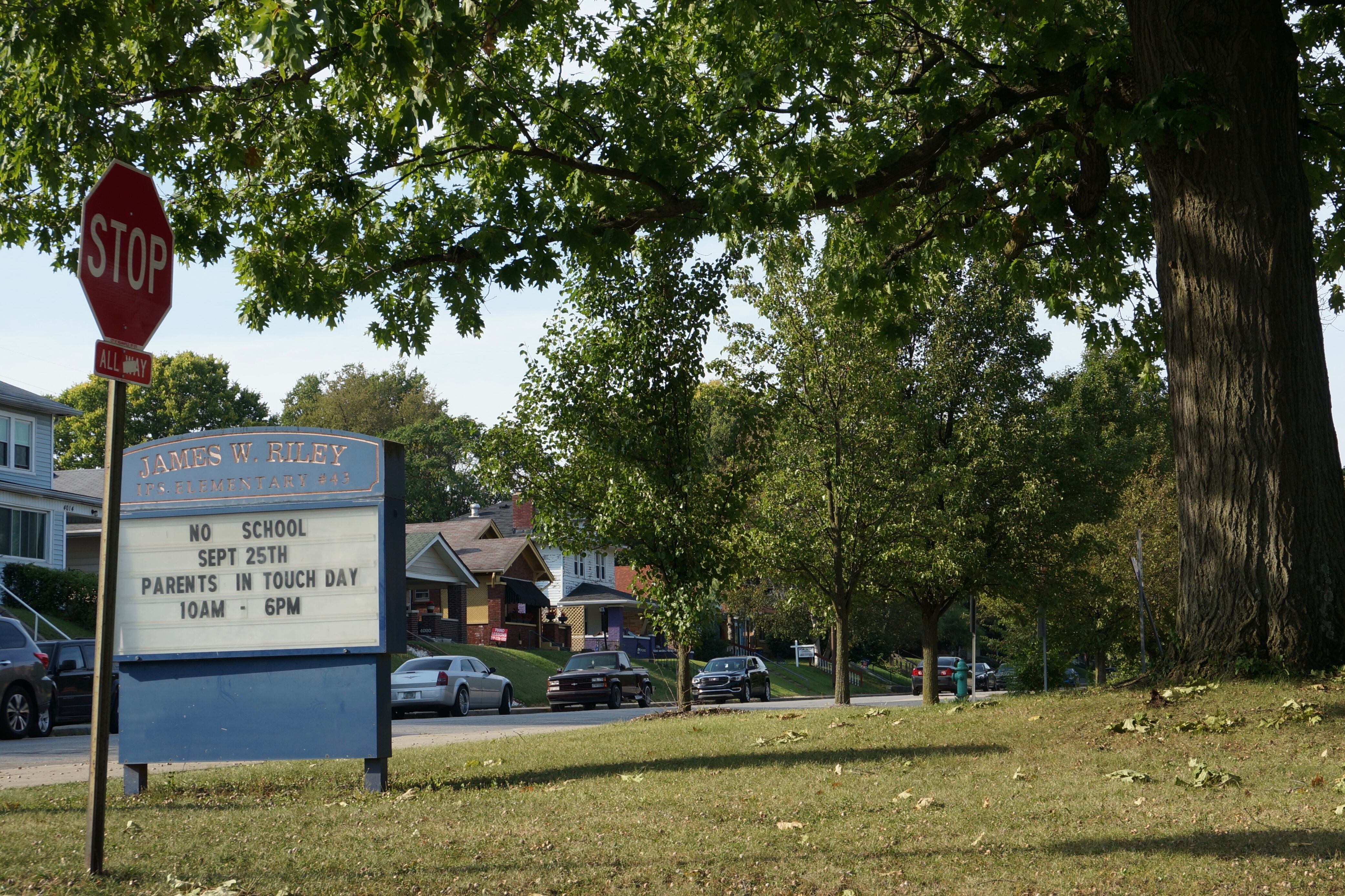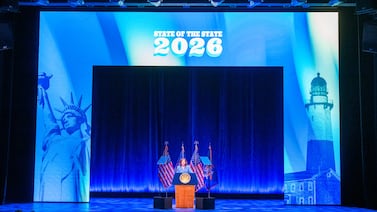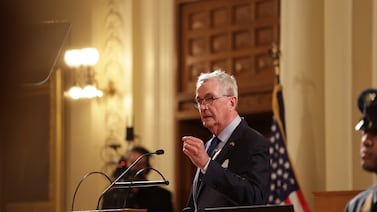James Whitcomb Riley School 43 will become a visual and performing arts school starting in fall 2023. It is the latest school to join the Indianapolis Public Schools’ innovation network under an agreement the school board approved on Thursday.
The four-year agreement will allow Edison School of the Arts to run School 43 as an innovation school, which has operational autonomy from the district and an exemption from union contracts under state law. The school board approved the new agreement unanimously.
Both Edison and School 43 will be K-8 schools through at least June 2027.
Most innovation schools in IPS are run by charter operators, but a few — such as Edison — have become innovation schools without inviting in a charter operator. School 43, as a sister school to Edison, will also not have a charter operator.
The school board also unanimously approved the renewal of a five-year agreement with Matchbook Learning at Wendell Phillips School 63. The preK-8 charter school joined the district’s innovation network in 2018-19 as a restart school — an underperforming school in need of academic improvement.
Matchbook still had proficiency levels below statewide and districtwide averages for English and math on the state ILearn test. District officials noted, however, that the school has increased its enrollment, and staff retention rates mirror the IPS average.
The new agreement between Matchbook and IPS includes mandatory school visits from IPS as well as a data review, and allows the district the opportunity to implement a performance improvement plan.
Amelia Pak-Harvey covers Indianapolis and Marion County schools for Chalkbeat Indiana. Contact Amelia at apak-harvey@chalkbeat.org.




